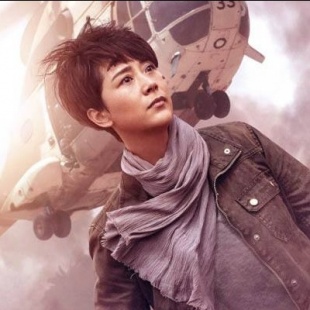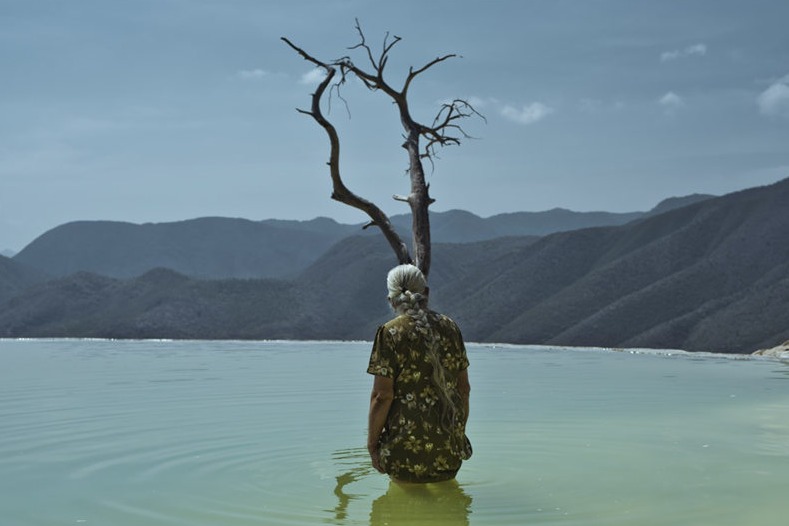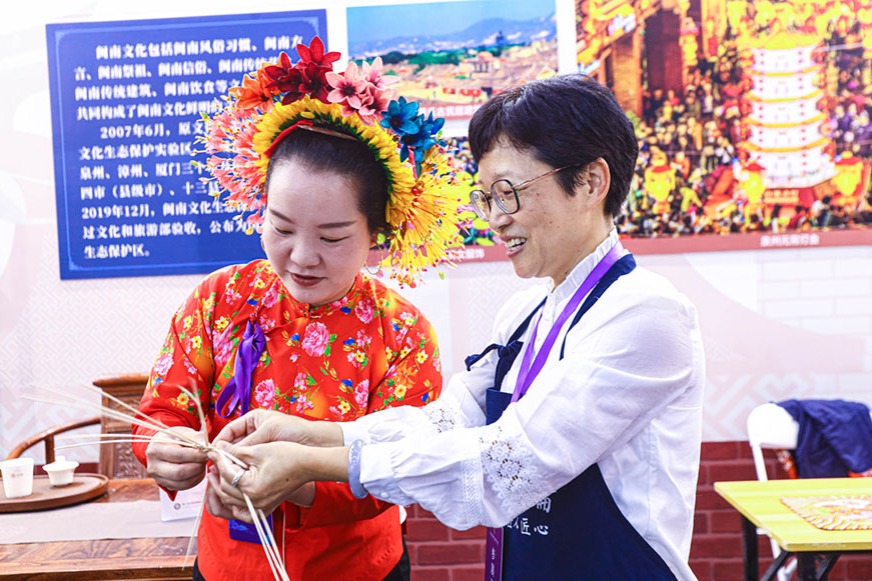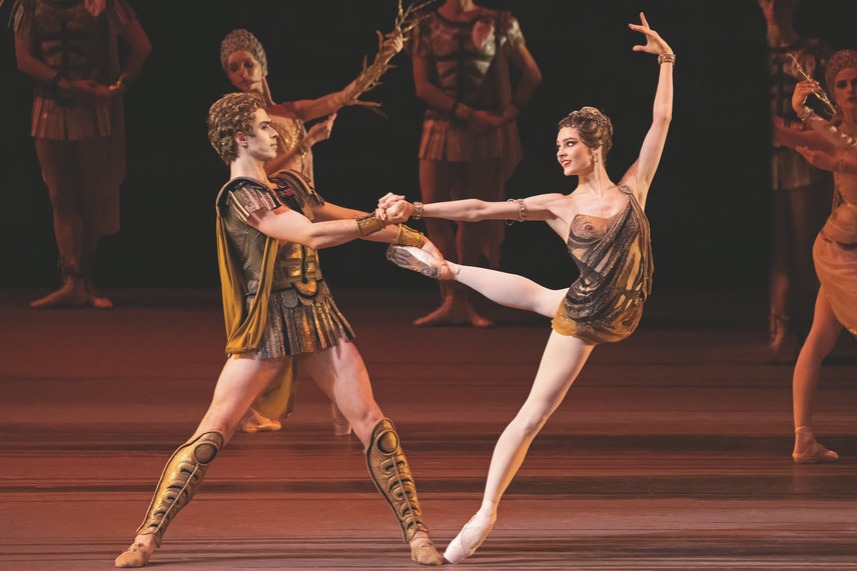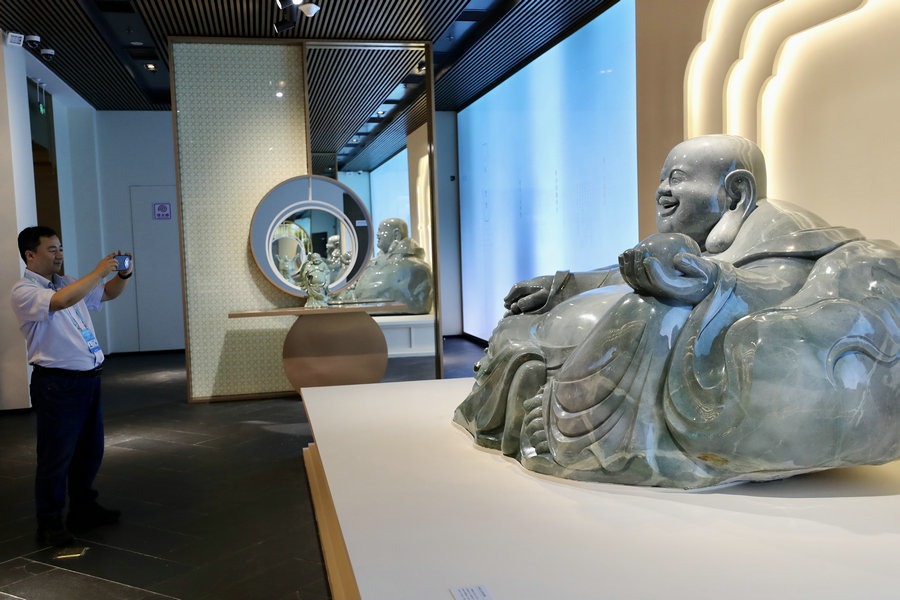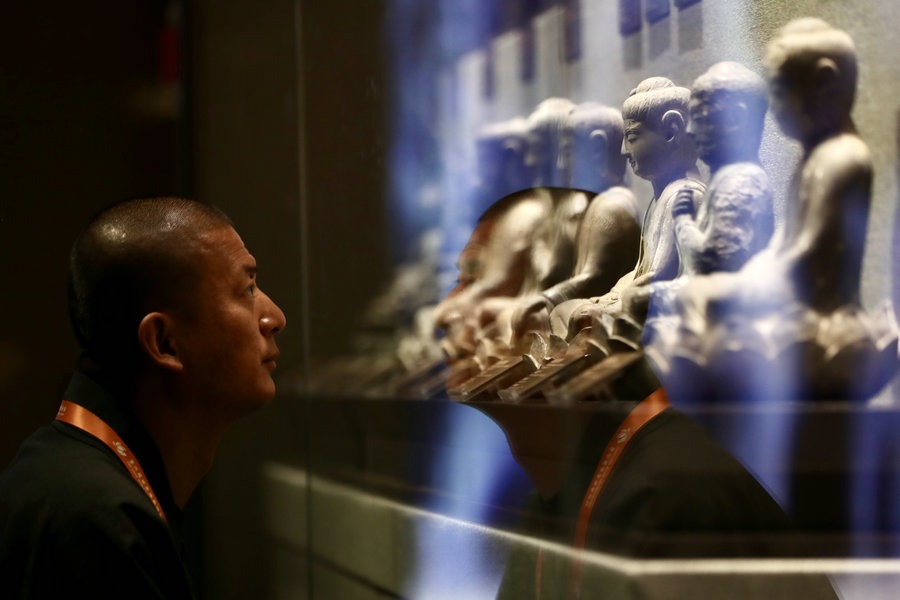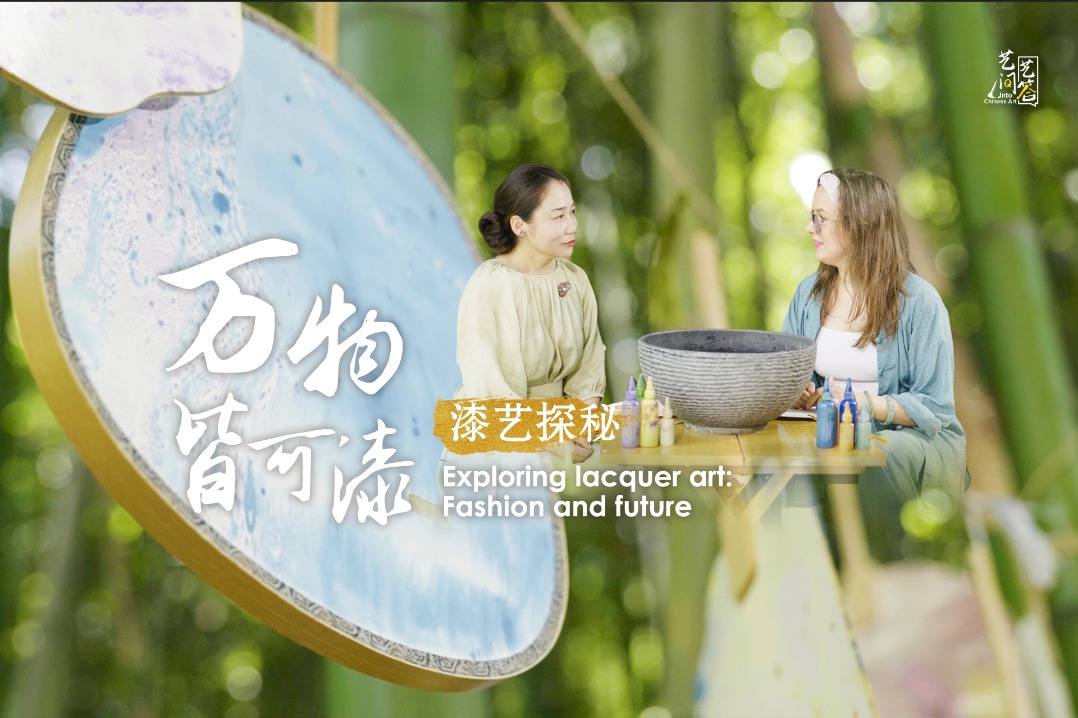Middle-aged actresses decry lack of better roles in TV, movie industry

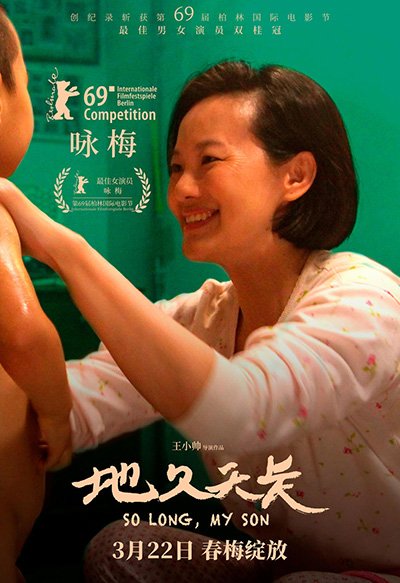
The dearth of meaningful middle-aged female roles on the big screen can be attributed to the themes of films.
Even though the domestic film market has boomed in recent years, giving rise to a number of big box office hits like The Wandering Earth and Wolf Warrior 2, these are mainly themed on heroism, with male actors taking the leading roles and female performers as their foils.
However, according to director Fang Gangliang, the lack of middle-aged women as protagonists in TV dramas and films is mainly due to the fact that the majority of domestic TV and film audiences are the younger demographic, those in their teens and twenties, who want to see their stories reflected on the screen.
This can explain why even though romantic dramas are mushrooming, they seem hardly to lose their appeal.
"A healthy market is one where productions are diverse and actors of all age groups can have the opportunity to be cast in leading roles," said director Wu Shixian.
"Actually, aspiring and seasoned female performers in middle-age have enough life experience to interpret roles that are complicated and challenging. But the reality is that female roles available in the scripts are usually stereotypical ones, like caring mothers or vicious stepmothers, while male roles are diverse and well-developed," Wu added.
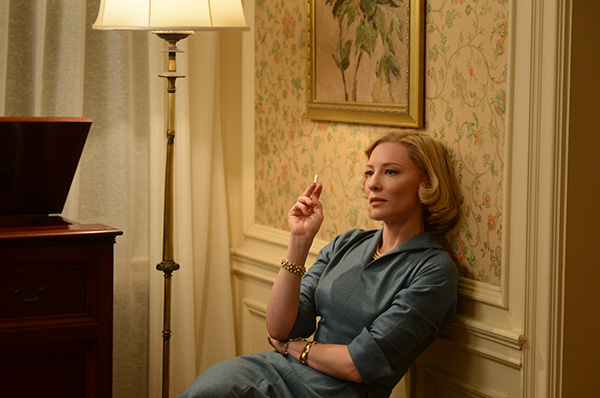
Even though it is universally true that leading roles for older women are thin on the ground, actors, producers, screenwriters, and directors in Hollywood, Japan and South Korea seem to have already been aware of this issue and on their way to make a difference.
That's why actresses like Kate Winslet, 44, Cate Blanchett, 50, and Meryl Streep, 70, are still ruling Hollywood; Kim Nam-joo, who is in her late 40s, can still wow audiences with her excellent interpretation of a complicated character in the 2018 Korean TV series Misty, and many Japanese actresses born in the 1960s and 1970s, like Yuki Amami and Rie Miyazawa, are still active and popular.


